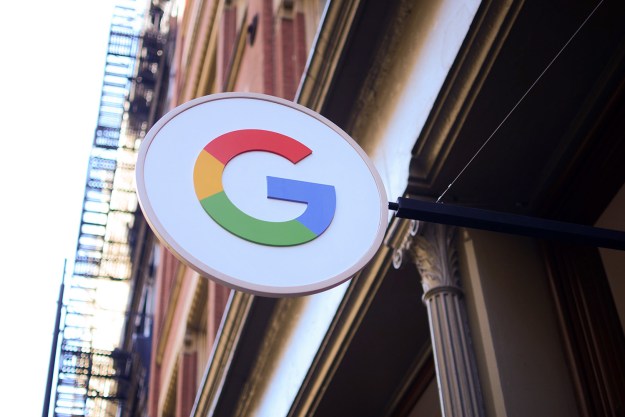
Given Google’s long list of privacy debacles, it’s not much of a surprise that early Google+ users (and tech journalists in particular) are scouring the hot new social network for things to complain about. But it seems as though a potentially serious privacy problem does exist, though it’s nothing as bad as the automatic contact-revealing issue that marred Google Buzz from the beginning, and Google’s already on the case to fix it.
The problem, uncovered by the Financial Times‘ Tim Bradshaw, is a loophole in the Google+ sharing feature, which allows the people who follow you to “re-share” any of your posts to anyone they want, including the entire Internet.
At the center of Google+ is “Circles,” a sleek new contact organization feature that lets users categorize their friends into different groups, like “Friends,” “Acquaintances,” “Co-workers,” etc. Anytime a user posts something, like a status update, photos or a link, that user can decide which Circle of contacts can view the post and which ones to leave out.
Unfortunately, that carefully crafted system for controlling users’ data goes completely out the window, since anyone a Google+ member shares a post with can then re-share that post with whomever they choose.
Now, this entire problem can be avoided by simply turning off the re-share option on the drop-down menu that appears on the right side of a Google+ post box. But most users likely don’t know that option exists (or why it exists), so it’s a bit useless at the moment. Also, there’s so far no way to turn off re-sharing entirely in the privacy settings, which seems like a must-have if Google hopes to avoid serious complaints.
Fortunately, as Bradshaw notes, Google has been alerted to the problem, and said that this is exactly the type of issues the company plans to resolve before Google+ goes live to the general public. But for those of you who were lucky enough to receive a Google+ invite already, make sure you know the dangers before posting anything incriminating.
Editors' Recommendations
- Instagram whacked with massive fine over child privacy
- How to remove personal info from Google search
- What’ll happen to your WhatsApp account if you don’t agree to new privacy policy
- Google brings back humans to take over moderating YouTube content from A.I.
- Facebook, Google, Microsoft, and Twitter team up to fight election interference


